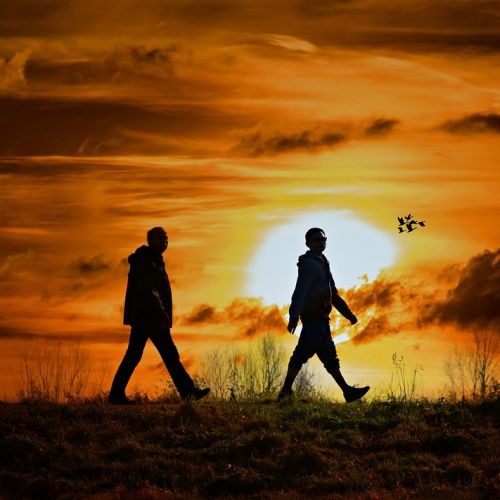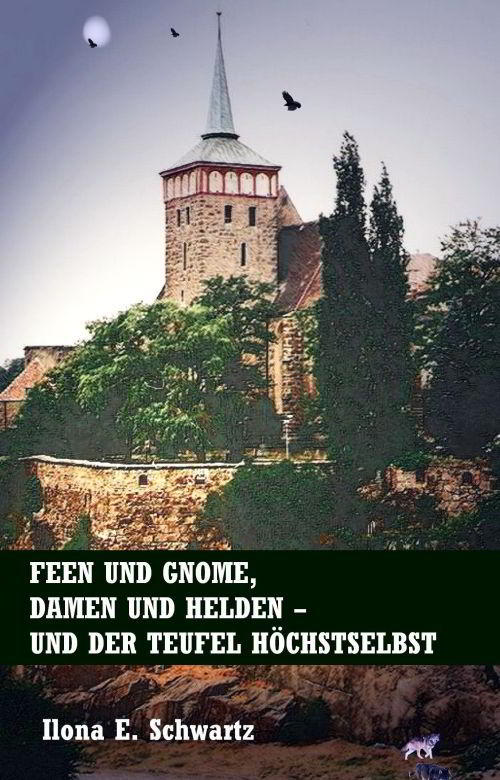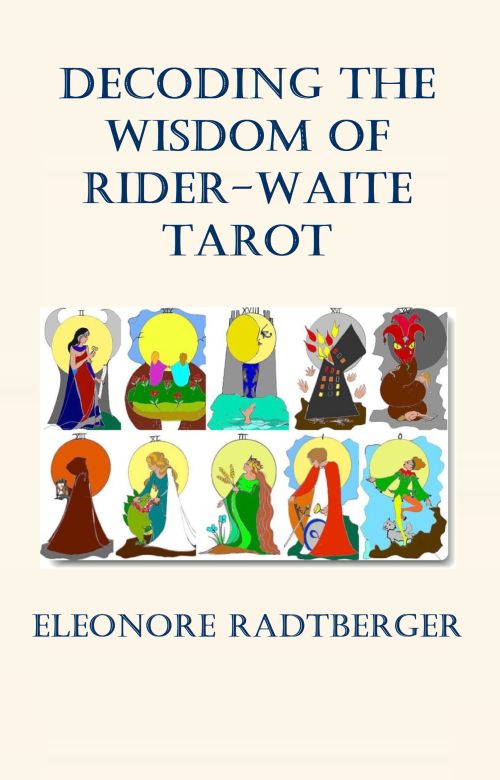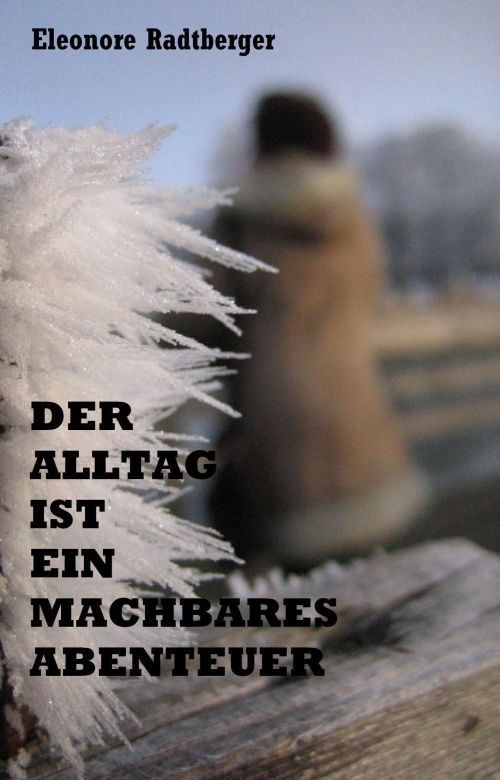
|
Is mankind ready to become cooperative?
An essay by Dr Martin Kreuels

Humans are social creatures, not freshwater polyps that must or may survive alone in the wet. That depends on your point of view. It starts at the most basic level of reproduction. We need each other. We cannot and will not do without our fellow humans if we are to preserve our species. We are interdependent. We can look at this on a micro level, but we can also look at it on a macro level when we look at a society. In the latter case, biology is not the central issue, but the mechanisms are similar.
Let's stay at the micro level for now, with the family, or let's go down a level and look at friendship. Living together is about sharing. That is what makes us successful. We differ from the loner in that we share information with each other. Sure, the vast majority of conversations are meaningless small talk, but there is also useful information when I don't know what to do – even if it's just asking for directions to the train station. That's something I can do without, fighting my way through alone, with my unnecessary detours that I have to take to reach my destination when I can't or don't want to rely on the knowledge of others. Then I'll miss my train from time to time.
When it comes to our survival, there is no way around the exchange of genetic material. The loner in the Rocky Mountains can live his private dream of life alone; he contributes nothing to the community. It is his right, he can do it that way, it is his individual choice. We have come so far in our development as human beings. There is a certain luxury factor in society if only individuals do it. But he will not reap success beyond his generation. He lives, dies and leaves behind, at most, a log cabin that will eventually fall apart and be reabsorbed by nature. His path ends completely, unless he at least kept a diary, which, with any luck, will be found. At least then there is some added value for others. This is fine for the individual, but usually not for the population. Because only a few people do it, there is no negative impact on society. But if everyone did it, the consequences would be disastrous.
People reproduce and leave behind children in whom they live on through their genes and education, i.e. their views. These are critically questioned, modified, improved or rejected by their children, which can also mean further development. Mistakes are also insights when I pass them on. The smallest level tries to deal with the given circumstances in such a way that it survives. 'Survive' in the sense of surviving beyond one's own lifetime. And it does not have to be through children as the only way, it can also be through the transmission of knowledge. If we want to pass on something, there are different ways of doing it, as long as we stay in touch.
At the macro level, it is society that wants to function within itself so that, for example, a state can exist in the long term.
If we look beyond our own national borders, it is the interaction between countries. One state has its expertise in one area, the neighbouring state in another – and again it is about exchange, be it trade or knowledge. We are in contact with each other on this level too.
But what happens if I put myself first?
What if I focus only on my advantage and define this principle as exclusivity for myself? Then I might attack the neighbouring state and try to absorb it into myself. I can do this until there is only one state left. Let's leave aside ethical and moral considerations. What is the goal then? In the end, only one state would be left. And then what?
One factor would be eliminated: peaceful competition or rivalry at the state level. We only develop if others learn faster than we do in certain areas. For that, we need different structures that promote learning. Only diversity creates opportunities that can be used by others. If competition is eliminated, we will slow down or, in the worst case, stop altogether. The incentive, the desire to develop – what makes us human – is removed. I would even go so far as to say that this is one of the basic foundations of being human.
It is not without reason that we have been able to develop so rapidly and so successfully. But we will come to a standstill, or even go backwards, if we can no longer generate our knowledge growth at the same rate as before. We may only be able to adapt to the given environmental conditions in order to survive. And then what? No, there will be no evolution. The risk of extinction will increase. It will certainly not be inevitable, because we can manage at a lower level. But we are approaching a standstill.
Personally, I don't think much of that. My incentive as a human being is to learn from the examples of others in order to improve myself. Maybe I am even better at something and can pass on my knowledge to others. Then I would have another concrete benefit for others beyond my reproduction.
However, the current trend in the world is a path that has not been thought through to its conclusion and is therefore a possible mistake. Just as there can only be winners if there are losers, the same is true on all other levels. We will only succeed if others fail. The trick is to create a peaceful equilibrium where both can coexist. Sometimes one wins, sometimes the other. A constant peaceful competition and therefore an engine of human development.
It's like riding a bike. I can only move forward if I'm pedalling, and I have to pedal with both feet. If only one pedal is down, I might roll a bit and come to a stop.
The role of power is to create and maintain this balance of peaceful coexistence. That shouldn't be a problem, because ultimately we're all part of the same species. If the existing power does not see this, then it is an abuse of power, because then it is only looking after its own belly, and the loner in the Rocky Mountains would do the same. And where this leads is mentioned above. In the end, only the carrion beetle laughs, and he belongs to a different species.
History shows us this path again and again. But some statesmen do not seem to have access to this knowledge.
This means that we are all obliged to give them this knowledge, or not to put them in this position in the first place. It follows that it is not the person in power who goes wrong, but we who follow and promote that power, because it is we as a society who create these structures again and again. Again and again. So collectively we do not seem to be there yet. We keep repeating this cycle.
I think it is too easy to talk about social manipulation by the media or by autocrats and to use this as an excuse for going down the wrong path, because everyone has the possibility of self-reflection and can enter into dialogue with others if they lack knowledge.
The future will show whether human beings are really capable of learning and surviving. At the moment, we are not.
Dr Martin Kreuels is a coach for men who have lost a loved one and a biologist. He is the author of '17 years we. My wife is gone' and 'A clown in a children's hospice'.
Read his article: The topic of men's grief: A man writes about his emotional world. Answers to male behaviour in times of mourning.
© "Is mankind ready to become cooperative?" An essay by Dr. Martin Kreuels (translated by Izabel Comati), 03/2025. Image credit: Two people in motion, CC0 (Public Domain Licence).
– In the footsteps of Philosophers: How philosophy connects us
– The Ravens of Odin. Short story from Norse mythology
– Lieutenant Commander Data: No fear of emotions
Discover more articles! Use the search function:
English archive:
More reviews, book presentations and essays
2024/2025
German archive:
2024 |
2023 |
2022 |
2021 |
2020 |
2019 |
2018 |
2017 |
2016 |
2015 |
2014 |
2013 |
2012 |
2011 |
2010 |
2009
Become a writer for Pressenet! Write articles for our online magazine on trending topics such as best books to read, health and wellness, technology and gadgets, business and finance, travel and tourism, lifestyle and fashion or education and career. Info: Become an author
Sponsors and investors are welcome: If you found our articles interesting, we would be grateful for a donation. Please also recommend us to your networks. Thank you very much!
Sitemap About Privacy Policy RSS Feed





